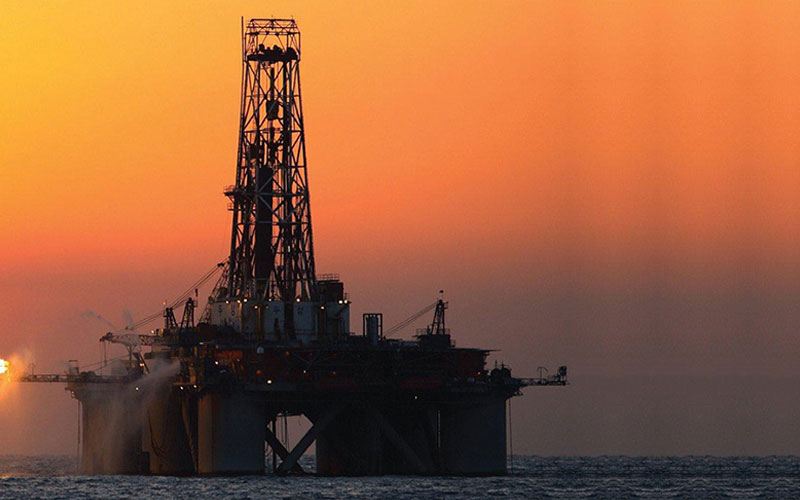Instrumentation and Control Systems in Oil and Gas Industry

OG-725
[spacer height=”20px”]
Course Description
- This course provides a practical treatment of instrumentation and control systems in Oil and Gas industry. Whether the participant is a new electrical, instrumentation or control technician/ technologist / graduate engineer or indeed, even a practicing facilities engineer, they will find this course beneficial in improving their understanding, skills and knowledge of the whole spectrum of control systems in the oil and gas environment.
[spacer height=”20px”]
Course Objectives
- Learning how to use the equipment in the oil and gas industry
- Understanding the operations of control system
- Becoming aware of hazard materials
- Managing risks safely
[spacer height=”20px”]
Who Should Attend?
- Mechanical technicians
- Electrical engineers
- Electrical technicians
- Oil and gas engineers
[spacer height=”20px”]
Course Schedule
[spacer height=”20px”]
Day-1
- Process control terminology and symbols
- Process loop introduction
- Measurement instrumentation for flow, level, temp and pressure
- Instrument calibration concepts
- Introduction to loop dynamics, tuning and control
[spacer height=”20px”]
Day-2
- Final control elements
- Control valves
- Actuators
- Control valve instrumentation
[spacer height=”20px”]
Day-3
- Production process control
- Production surface facilities systems
- Foundation fieldbus
- Fieldbus in hazardous areas
[spacer height=”20px”]
Day-4
- Instrumentation selection in hazard areas
- Hazard materials and how they behave when they are ignited
- Standards, certification and marking
- Sources of hazard
- Area classification
- Equipment inspection
[spacer height=”20px”]
Day-5
- Fiscal metering design specification
- Risk mitigation, technologies, and architecture of Safety Instrumented Systems (SIS)
- Safety Integrity Level (SIL) overview
- Fire and gas Sensors selection


